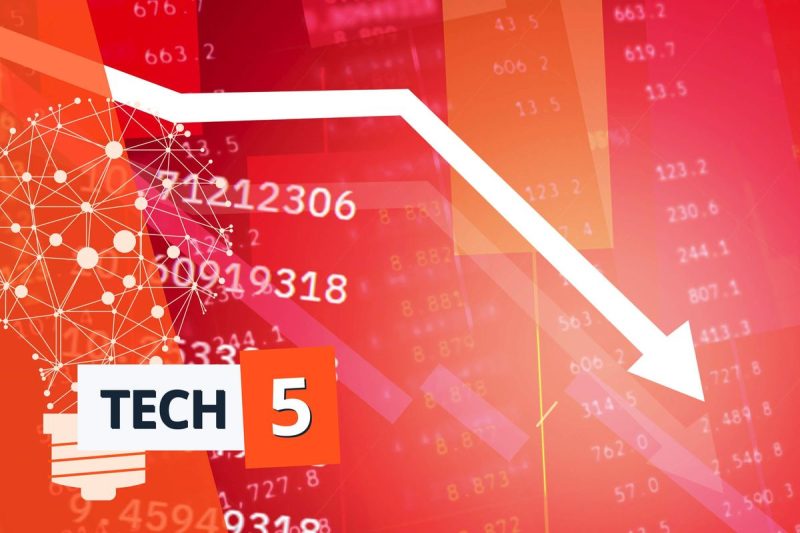The Recession Fears Plaguing the Tech Market: A Detailed Analysis
Overview of the Tech Selling Panic
The tech market has been experiencing a period of high volatility in recent months as recession fears and economic uncertainties continue to plague investors’ minds. Panic selling, driven by these fears, has caused a significant selloff in the tech sector, with many leading tech companies seeing a sharp decline in their stock prices.
Tech giants like Apple, Amazon, Google, and Facebook have all felt the impact of the panic selling, with their stocks plummeting as investors rush to offload their holdings in favor of safer assets. The sell-off has been so pronounced that it has raised concerns about the long-term prospects of the tech sector, which has been one of the market’s top performers in recent years.
Causes of the Panic Selling
Several factors have contributed to the panic selling in the tech sector. One of the main drivers has been the growing fears of an impending recession, fueled by a combination of global economic slowdown, trade tensions, and geopolitical uncertainties. Investors are becoming increasingly risk-averse and are moving their capital away from high-growth tech stocks to more stable investments.
Additionally, concerns about overvaluation in the tech sector have also played a role in the panic selling. Many investors believe that tech stocks have become overpriced and that a market correction is overdue. This perception has been exacerbated by the recent underperformance of tech giants, which have failed to meet revenue and earnings expectations, further eroding investor confidence.
Effects on the Tech Market
The panic selling in the tech sector has had far-reaching consequences, not only for tech companies but also for the broader market. The tech selloff has dragged down the overall market performance, with major indices like the S&P 500 and Nasdaq Composite seeing significant losses. This has created a ripple effect, impacting investor sentiment and leading to increased market volatility.
Furthermore, the tech selloff has also raised concerns about the sustainability of the tech sector’s growth trajectory. Many analysts are questioning whether the tech sector’s growth prospects are as robust as previously thought, given the current economic uncertainties. This has led to a reassessment of tech companies’ valuations and future earnings potential, which could impact their stock prices in the long term.
Strategies for Investors
In light of the tech selloff and the prevailing economic uncertainties, investors are advised to adopt a cautious approach and reevaluate their investment strategies. Diversification is key to mitigating risk in a volatile market, as it helps spread out risk across different asset classes and sectors. Investors should consider allocating a portion of their portfolio to defensive stocks or safe-haven assets like bonds and gold to protect against market downturns.
Additionally, investors should also focus on companies with strong fundamentals and sustainable business models. While the tech sector may be facing headwinds, there are still opportunities for growth in areas like cloud computing, cybersecurity, and e-commerce. By conducting thorough research and identifying companies with a competitive advantage, investors can position themselves for long-term success despite the current market volatility.
Conclusion
In conclusion, the tech sector is currently grappling with a period of panic selling driven by recession fears and economic uncertainties. While the recent selloff has raised concerns about the sector’s future prospects, investors can navigate this challenging environment by adopting a cautious approach, diversifying their portfolios, and focusing on companies with strong fundamentals. By staying informed and taking a long-term view, investors can weather the storm and capitalize on the opportunities that arise in the ever-evolving tech market.
